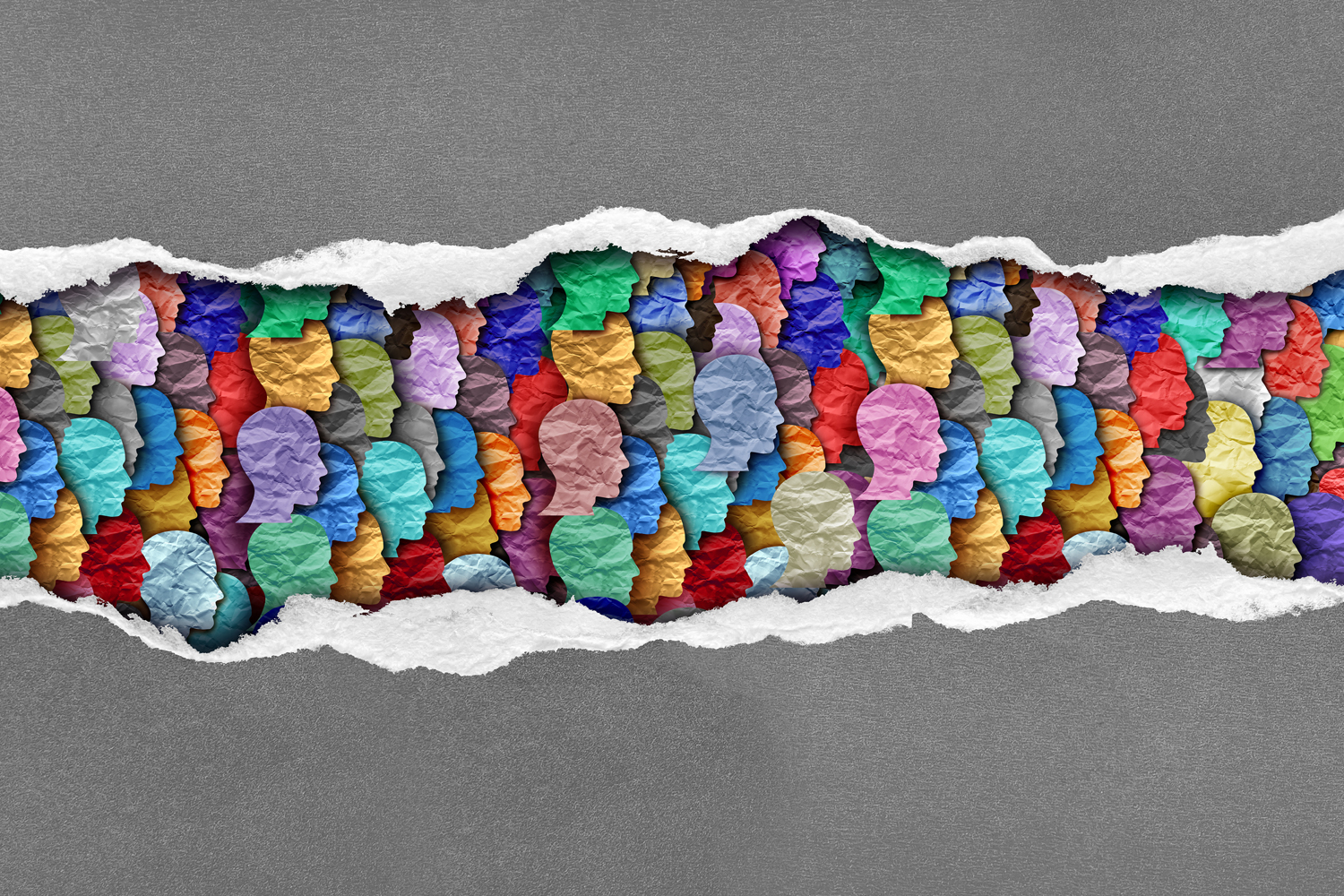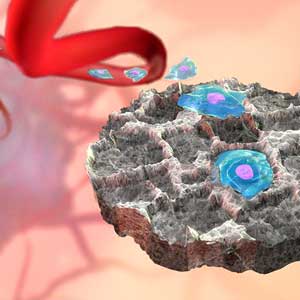-
The Pandemic’s Impact on Cancer Screening and Detection
Delays in cancer screening and diagnosis due to the COVID-19 pandemic put people at risk.
by Kevin McLaughlin
-
From the Editor-in-Chief
Measuring a Cancer Drug’s EffectivenessSurrogate endpoints can speed up drug approvals, but are they valid measures of effectiveness?
by William G. Nelson, MD, PhD
-
Forward Look
Cancer Treatments and Antioxidant Supplements Can Be a Bad MixChristine Ambrosone on what her research shows.
by Sue Rochman
-
Forward Look
Here Come the BiosimilarsAs patents expire on biologic drugs, cancer patients get new options.
by Stephen Ornes
-
Forward Look
More Treatments Approved for Metastatic Breast CancerTargeted therapy approvals increase options and hope for some patients.
by Cameron Walker
-
Forward Look
Cancer Death Rate Decline Makes HeadlinesExperts say it's necessary to look behind the statistics.
by Delia O’Hara
-
Policy Matters
Racial and Ethnic Disparities in Multiple Myeloma Clinical TrialsThe AACR and the FDA presented joint recommendations that include broadening clinical trial eligibility and engaging the community in clinical trial recruitment.
by Kenneth C. Anderson, MD; Lola A. Fashoyin-Aje, MD, MPH; Nicole Gormley, MD; and Paul G. Kluetz, MD
-
Healthy Habits
One Drink, Too Many?Drinking at any level increases cancer risk.
by Ashley P. Taylor
-
Keeping CLL in Check
With recent advances in targeted treatments, people diagnosed with chronic lymphocytic leukemia have more options to manage the disease.
by Kendall K. Morgan
Cancer Talk
At-home Prostate Cancer Test May Help Some Men Avoid Biopsy
The test, which analyzes urine for 18 cancer-specific genes, ruled out the need for biopsy in men with elevated PSA without a digital rectal exam.
by Sandra Gordon
The Power of ComedyIn a new play, the pain of cancer can be a chance to laugh.
by Ashley P. Taylor
Melanoma Risk in Childhood Cancer SurvivorsPeople treated for childhood cancer found to have twice the risk of developing melanoma as an adult.
by Cameron Walker
Online Second OpinionsMore than half of patients who participated in a program offering online second opinions were recommended a change to their treatment plan.
by Eric Fitzsimmons















